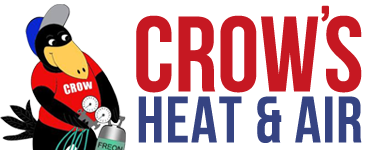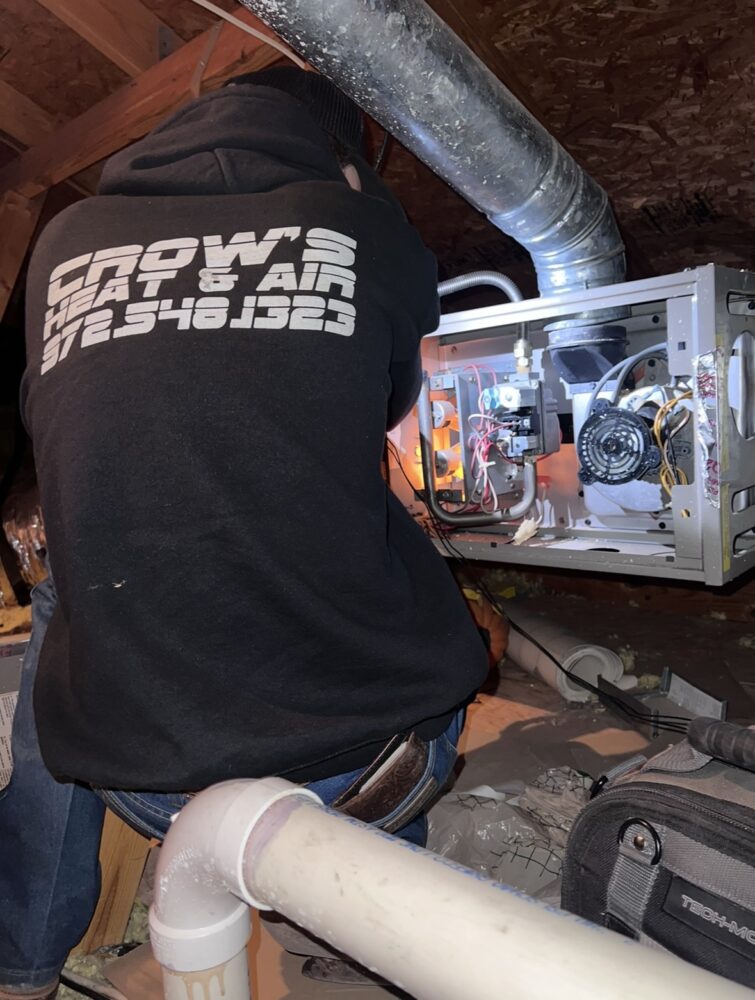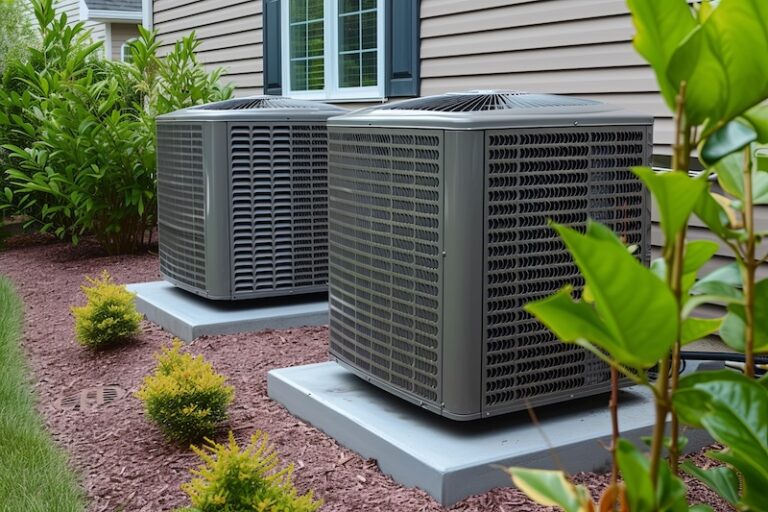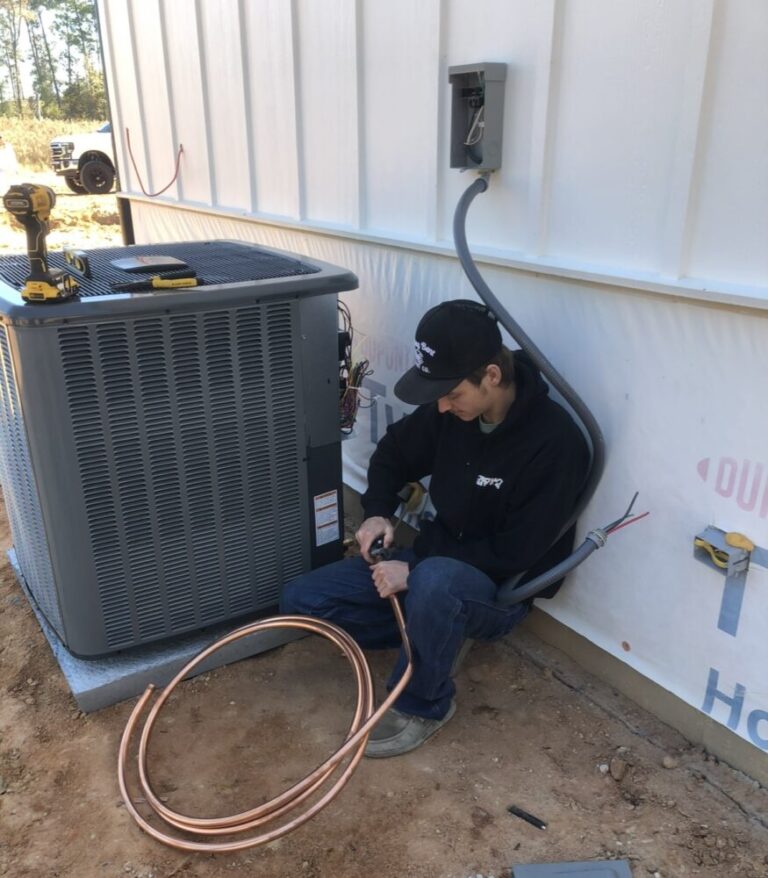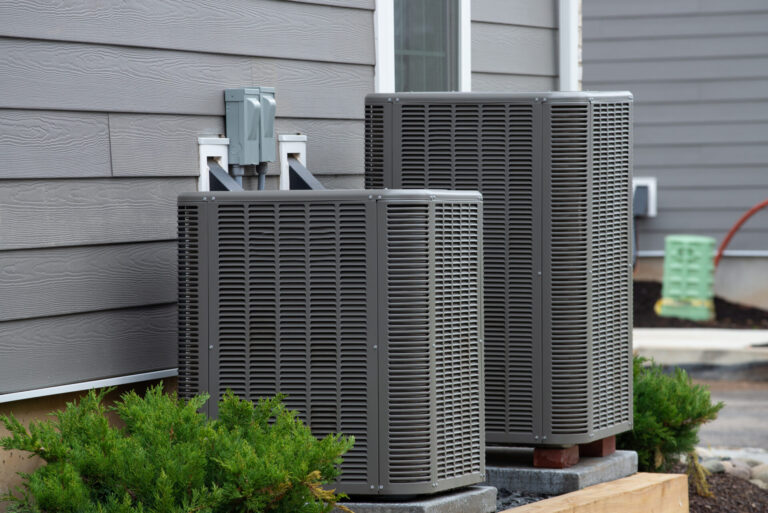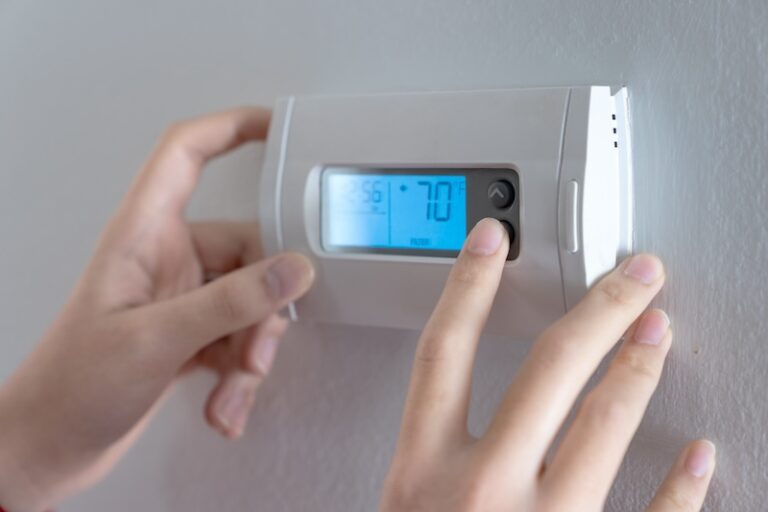Why Is My AC Not Cooling Properly? 7 Common Air Conditioning Problems Explained
Troubleshooting Your Home Air Conditioning System: Signs It Needs Professional Repair
When your air conditioning system starts acting up, especially during the peak of summer heat, the discomfort can quickly become unbearable. At Crow’s Heat & Air, we understand how crucial a properly functioning cooling system is to your family’s comfort and wellbeing. For over 15 years, our certified HVAC technicians have been diagnosing and repairing air conditioning issues for homeowners throughout the region, building a reputation for honest assessments, fair pricing, and lasting repairs. What sets our approach apart is our commitment to not just fixing your immediate AC problems, but identifying underlying issues that could lead to more significant failures down the road. Our technicians arrive equipped with advanced diagnostic tools and a wealth of experience across all major brands and models. This combination allows us to quickly pinpoint problems that other companies might miss, saving you from the frustration of recurring issues and unnecessary repair costs.
In this comprehensive guide, we’ll walk you through the most common air conditioning problems we encounter, helping you understand the warning signs, potential causes, and when it’s time to call in a professional. While some minor issues can be addressed with simple homeowner maintenance, others require specialized expertise to prevent system damage and ensure your home stays comfortably cool all season long.
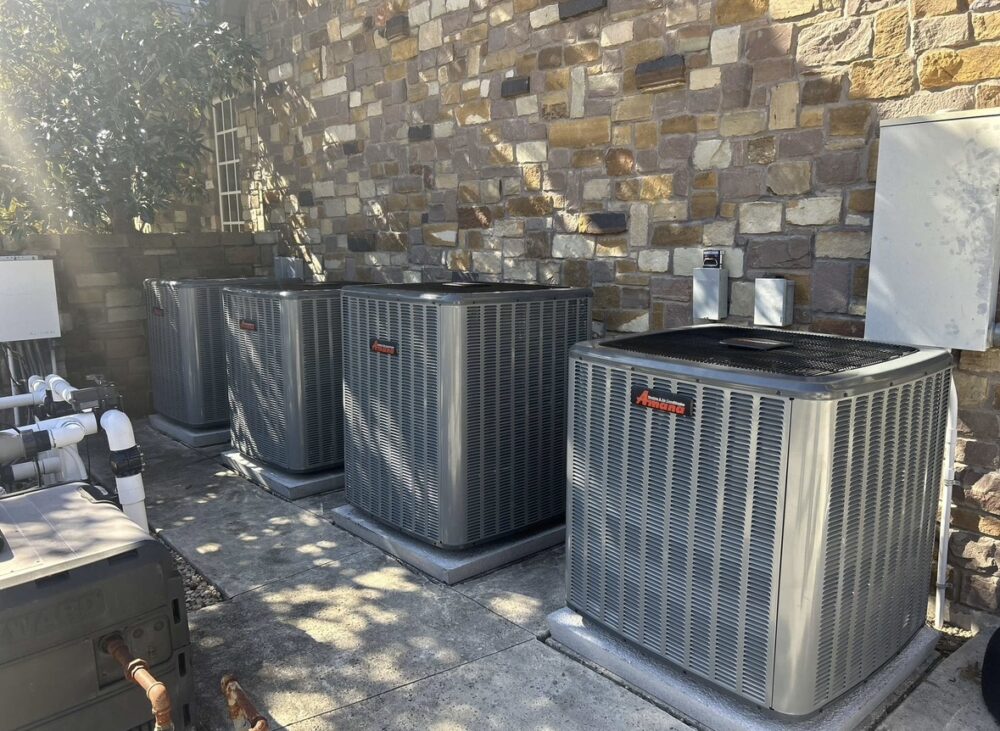
Strange Noises: What Those Unusual AC Sounds Are Telling You
Your air conditioning system should operate with minimal noise beyond the gentle hum of the fan and the normal cycling on and off. When unusual sounds disrupt that quiet operation, they’re often your first indicator of developing problems.
Grinding or squealing noises typically point to issues with your system’s motor bearings or fan components. These sounds occur when metal components begin rubbing against each other without proper lubrication, creating friction that not only generates noise but can quickly lead to overheating and component failure. If you notice these sounds, it’s best to shut your system off and call for service promptly, as continued operation could result in more extensive damage.
Banging or clanking sounds often indicate loose or broken parts within your system. The compressor, which houses many moving components, is frequently the source of these disruptive noises. In outdoor units, debris like twigs or stones can sometimes find their way inside, causing alarming sounds when they contact the fan. Our technicians can safely open your system to identify and remove these obstructions, then test for any resulting damage.
Buzzing sounds frequently stem from electrical issues—perhaps loose wiring, failing contactors, or problems with the system’s capacitor. These electrical components are critical to your AC’s operation and represent potential safety hazards if not addressed properly. What might seem like a minor annoyance can actually be an early warning of an electrical failure that could leave you without cooling when you need it most.
During our service calls, we don’t just eliminate the noise—we identify its root cause and make targeted repairs to prevent recurrence. This thorough approach ensures your system operates quietly and efficiently throughout the cooling season.
Insufficient Cooling: Why Your AC Isn’t Keeping Up with Demand
When your AC runs constantly but fails to reach your desired temperature, several potential issues could be at play. Understanding these common causes can help you determine whether simple homeowner maintenance might solve the problem or if professional intervention is needed.
Refrigerant leaks rank among the most common causes of poor cooling performance. Your air conditioner doesn’t consume refrigerant—it circulates it in a closed loop. When levels drop, it’s always due to a leak that requires professional repair. Signs of low refrigerant include ice formation on copper lines, hissing sounds, and gradually diminishing cooling capacity. Our EPA-certified technicians can perform leak detection, repair the source of the leak, and properly recharge your system to manufacturer specifications.
Airflow restrictions frequently cause cooling problems as well. When your system can’t move enough air across the evaporator coil, heat transfer is compromised, resulting in reduced cooling capacity. Common culprits include:
- Dirty air filters that restrict return airflow
- Blocked condenser units outside your home
- Ductwork issues such as leaks, restrictions, or improper sizing
- Evaporator coil fouling that inhibits heat absorption
During our comprehensive diagnostic process, we inspect each of these potential problem areas. Often, we find that regular maintenance could have prevented these issues, which is why we strongly recommend scheduled tune-ups before each cooling season.
Thermostat problems sometimes masquerade as cooling issues. An improperly calibrated thermostat may read temperatures incorrectly, causing your system to shut off prematurely or run excessively. Additionally, improper thermostat placement—such as locations exposed to direct sunlight or near heat-generating appliances—can lead to false readings and comfort problems throughout your home.
Short Cycling: Why Your AC Keeps Turning On and Off
Few air conditioning problems are as frustrating—or potentially damaging—as short cycling, where your system runs briefly before shutting down, only to restart minutes later. This pattern not only fails to cool your home effectively but places tremendous strain on your equipment, leading to premature component failure and increased energy consumption.
Oversized equipment is a surprisingly common cause of short cycling. When an air conditioner is too large for the space it’s cooling, it reduces temperature so quickly that it satisfies the thermostat before properly dehumidifying your home, resulting in a clammy feeling despite adequate cooling. Unfortunately, this design mistake can only be corrected through proper system sizing and replacement.
Dirty condenser coils frequently contribute to short cycling by preventing your system from effectively releasing heat outdoors. When heat can’t dissipate properly, internal safety controls may shut down the compressor to prevent overheating. Our maintenance service includes thorough condenser cleaning using specialized equipment that removes debris without damaging delicate fins.
Electrical control board issues often manifest as short cycling problems. Modern air conditioners rely on sophisticated circuit boards to control operation, and when these components begin failing, erratic cycling frequently results. Our technicians carry common control boards for many popular models, often allowing us to complete repairs in a single visit.
Low refrigerant levels can trigger short cycling through the system’s safety controls. When refrigerant drops below critical levels, the evaporator coil may become too cold, potentially freezing over completely. Sensors detect this dangerous condition and shut down the compressor to prevent damage, resulting in the start-stop pattern characteristic of short cycling.
Rising Energy Bills: Is Your AC Efficiency Declining?
When your electricity bills climb significantly during cooling season compared to previous years, your air conditioner’s efficiency is likely suffering. Several common repair issues can contribute to this increased energy consumption.
Capacitor failures often cause efficiency declines before complete system failure. These electrical components provide the extra power needed for starting motors, and when they begin to weaken, motors draw excessive current while struggling to reach operating speed. This increased power consumption may not be immediately obvious in your system’s performance but will certainly appear in your utility bills.
Duct leakage represents one of the most significant yet overlooked causes of energy waste. The Department of Energy estimates that typical homes lose 20-30% of conditioned air through leaky ductwork. Our technicians can perform duct leakage testing to identify these hidden energy wasters and recommend appropriate sealing methods.
Compressor wear naturally occurs as systems age, resulting in gradually declining efficiency. While complete compressor replacement represents a major repair, our technicians can often identify when this critical component is beginning to struggle before it fails completely, giving you time to make informed decisions about repair versus replacement.
Don’t Let AC Problems Leave You Sweating
When your air conditioning system shows any of these warning signs, prompt professional attention can often prevent minor issues from escalating into major repairs. At Crow’s Heat & Air, our response team is ready to diagnose your system’s problems accurately and provide honest recommendations for lasting solutions.
Contact us today to schedule a comprehensive AC diagnostic service. Our technicians will arrive on time, fully equipped to identify and address your system’s specific issues. With our transparent pricing and 100% satisfaction guarantee, you can be confident that your air conditioning concerns will be resolved properly the first time.
Don’t wait until a minor AC issue becomes a major comfort problem. Trust the experienced team at Crow’s Heat & Air to keep your home cool and comfortable all season long.
